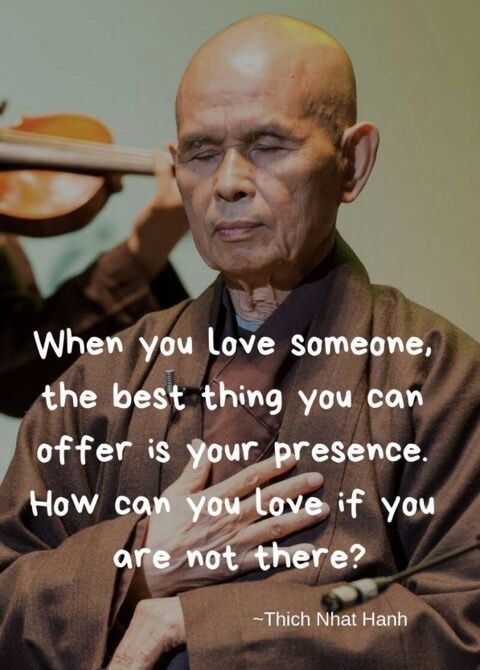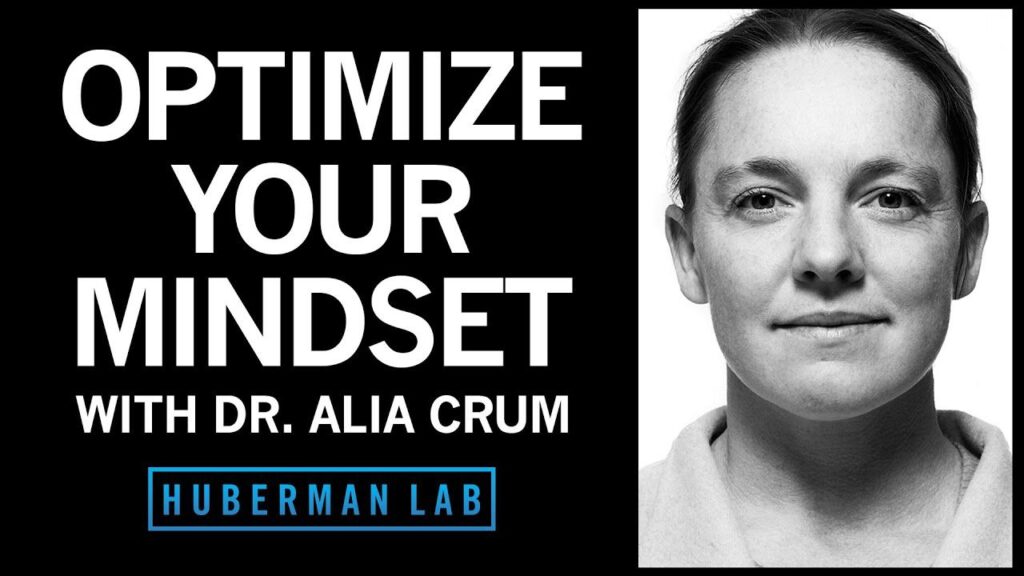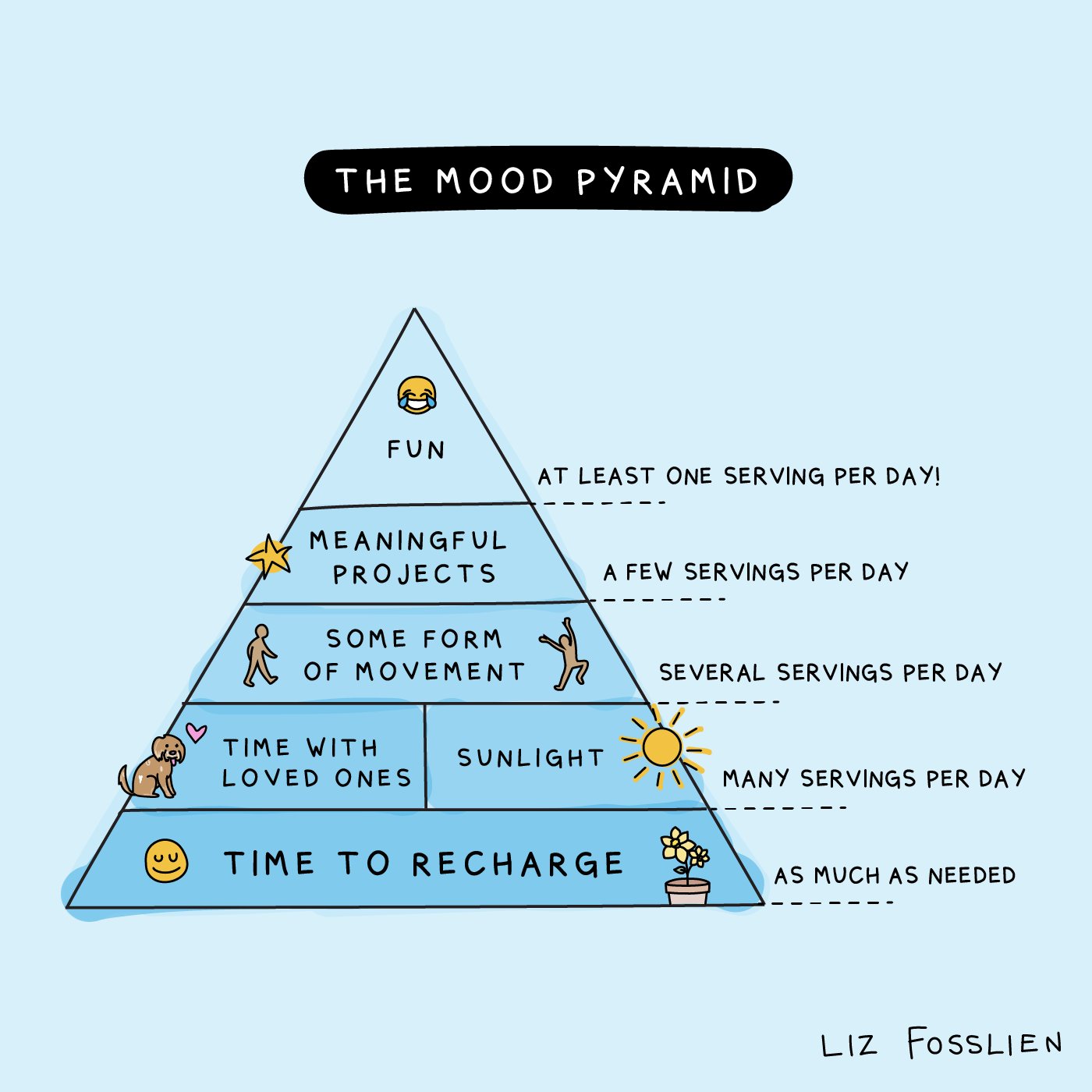Minding our Minds.

Today, we are exploring the health of our minds and our care of our minds. We mind our loved ones, we mind our homes, we mind our jobs and we mind our bodies. However, how do we mind our minds? What do we do on a daily basis to take care of our minds? Today, we explore just how central the health of our minds is to the health of everything else in our lives.
What are we looking at this week?
Thích Nhất Hạnh, renowned Buddhist monk and spiritual leader, passed away on January 22, 2022, aged 95. He gifted us with a life of insights and wisdoms. One of which was his talk on being present with loved ones—something that is possible even in the absence of physical presence. Presence takes many forms: a phone call, a video chat, a text or a letter. Each is an important way to show we care and that we are there for one another as a way of saying, ‘I Am Here for You.’ Central to this thinking are I Am Here’s CLEAR skills of Compassion, Listening, Empathy, Acceptance and being Real, a practical support and guide to giving someone our full and impactful focus and attention.

What are your thoughts? We invite you to comment and share your reactions on our Facebook, X, Instagram and LinkedIn.
What are we listening to this week?
Is it possible to change our mindset? This is what is discussed in the following episode of the Huberman Labs podcast. Here, Dr. Alia Crum joins Dr. Andrew Huberman to discuss how our mindset influences our diets, exercise and emotions. Backed by peer-reviewed scientific studies, Dr. Crum shares with us that with the right mindset, even stress can be used as an ally in enhancing our performance and mental health and wellbeing.
Listen to Podcast (1 hour 40-minute watch)

Do you feel you have a healthy mindset, or do you think otherwise? What are your thoughts on the podcast? We invite you to comment and share your reactions on our Facebook, X, Instagram and LinkedIn.
Who are we looking at this week?
Are you familiar with the food pyramid? It’s a graphic that shows you how many servings of each food group our bodies need every day.
Liz Fosslien has her own spin on it, calling it the mood pyramid! However, the core idea is the same. The mood pyramid demonstrates the positive experiences that are available to us every day, which will improve, enhance and maintain our moods and the good health of our minds. At I Am Here, we particularly like the top tier—fun! What’s your takeaway from the pyramid?

If you have something to share with us, find us on X, Instagram, Facebook or LinkedIn.
